GOTWA comes from the playbook of Marine Corps Bulk Fuel, guiding novice and expert anglers alike through five easy steps so they always return safely.
More...
The GOTWA
This is a weird, incorrectly organized acronym (so it is easily pronounced) used by Marines in Bulk Fuel during a patrol, specifically when the team is to -- temporarily -- split up.
The idea is to inform everyone in the team what's going on and what to do if/when disaster strikes.
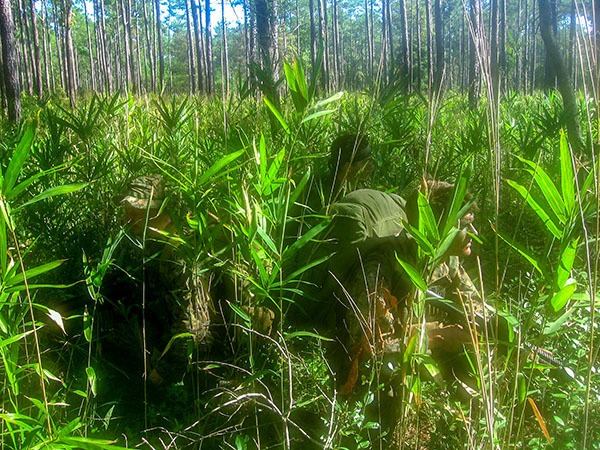
Having contingencies for worst case scenarios is part of ensuring you return safely, whether you're in Bulk Fuel or on an inshore fishing trip.
Whoa! What the heck does this have to do with fishing?!
It has everything having to do with your safety when the unexpected happens.
Simply put, "sh*t happens".
And guess what? It never happens on a schedule.
Murphy's Law is a thing and things will go wrong simply because they can.
Most people do not want to acknowledge this and would rather put their head in the sand because they want to escape reality on their fishing trip.
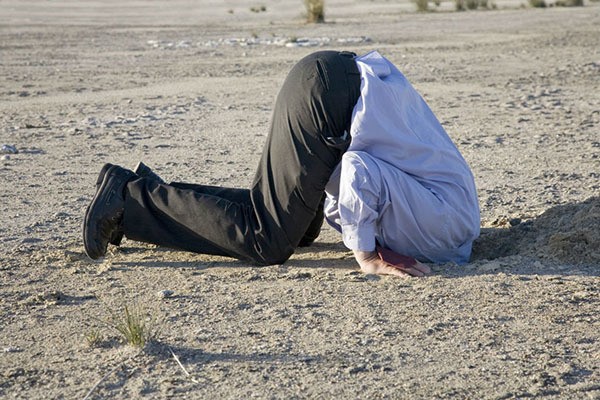
Do yourself -- plus your loved ones -- a solid and don't be this guy.
But fact of the matter is that reality hits harder on the water, especially in the vast prairie marsh of Louisiana where there's no one to help you.
For example, if you were to break down on Lake Conroe, the very worst case scenario is that you'd float into a nearby restaurant and run up a tab.
Easy day.
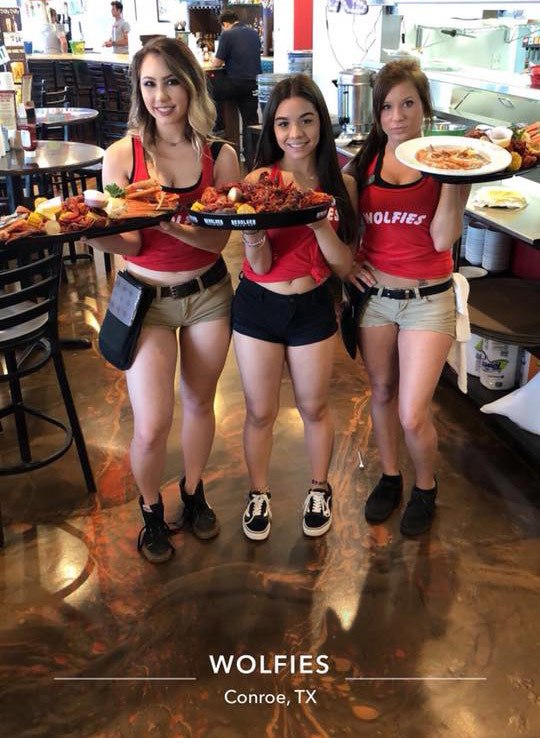
WARNING: Do NOT break down in Lake Conroe! You might drift into Wolfies and have to eat a bunch of crab legs.
But not in Louisiana.
If you break down in the marsh, become grounded, ejected from the boat or whatever, it's a safe assumption that nobody -- and I mean nobody -- is going to be there to help you.
You will be there until someone happens to come upon you by dumb luck.
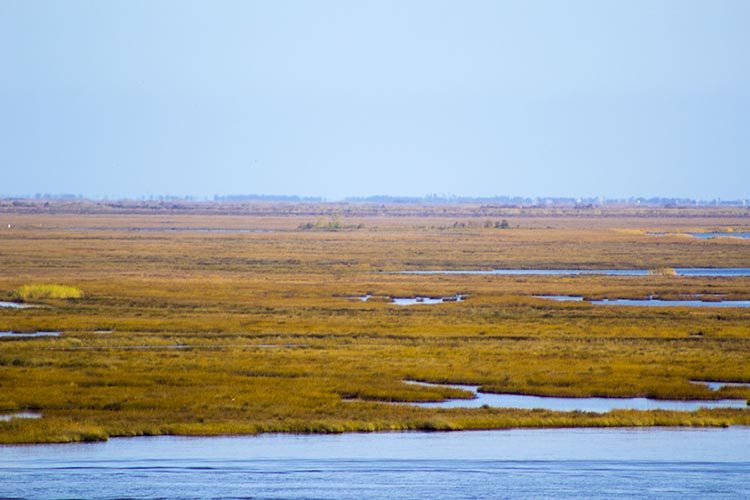
This is a big place you don't want to be with a broken boat and dead cell phone.
Oh, and forget your cell phone because most areas of the marsh (even here and now in 2019) are so remote that there's no guarantee you'll have a signal.
That's a safe assumption and the correct one to operate on, because then you realize you need to take measures to safeguard against the unexpected.
This is where the GOTWA comes into play.
What does GOTWA stand for?
This acronym covers five critical details to take into consideration to ensure a safe return:
G = where I'm Going
O = Others going with me
T = the Time I will return
W = What to do if I don't return
A = Actions taken if the worst happens
Example Of Using GOTWA On A Combat Patrol
Let's pretend you are a team leader going over a hill to conduct a leader's recon with the point man:
You'll leave your assistant team leader there with everyone else and tell him,
"I'm taking the point man, I expect to return in two hours, attempt to raise me on team comms if I don't, and if attacked, break contact to RV (rendezvous) at the nearest rally point, and if I'm attacked I will break contact towards the same rally point and we will RV the team there."
That's a little down and dirty, but you get the idea.
Now that we have knocked that out, how does GOTWA apply to inshore fishing?
Well, pretty easily.
Example Of Using GOTWA For A Fishing Trip
G = I'm going to fish the Long Rocks and all the way to Breton Island
O = Two of my friends, Mike and Ben
T = I'll be back no later than 6pm
W = Call my phone. If I don't answer after the second attempt, call the Coast Guard at the supplied phone number, give them my boat's description and registration numbers, and where it is I said I'd be fishing.
A = If we break down, we'll hang tight and call Sea Tow for marine assistance, then try to contact you. If things are really bad, we'll don our life vests and prepare signaling devices for long-distance recognition by search parties.
Simple, right?
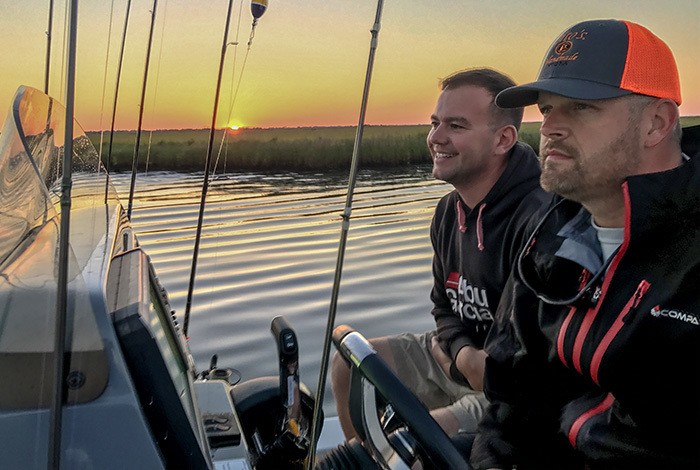
At the end of the day, we just want you to make it back safely (and tell us how you did)
Conclusion
We inshore anglers get so wrapped around the axle over the minutiae of fishing trips: which colors to use, what the tide is doing, the wind forecast, etc.
It's easy to look past the subtle danger out there, leaving us exposed and without a lifeline.
But I'm hoping this blog post inspired you to take your own measures to ensure your safety, and that GOTWA is a tool you use to that end.
This way you have that "safety net" when the worst happens, and we all get to see you come back alive and well.
Tight lines, y'all!
P.S.
Did you find what you learned here to be useful? Consider joining my newsletter to be notified when more like it publishes.
